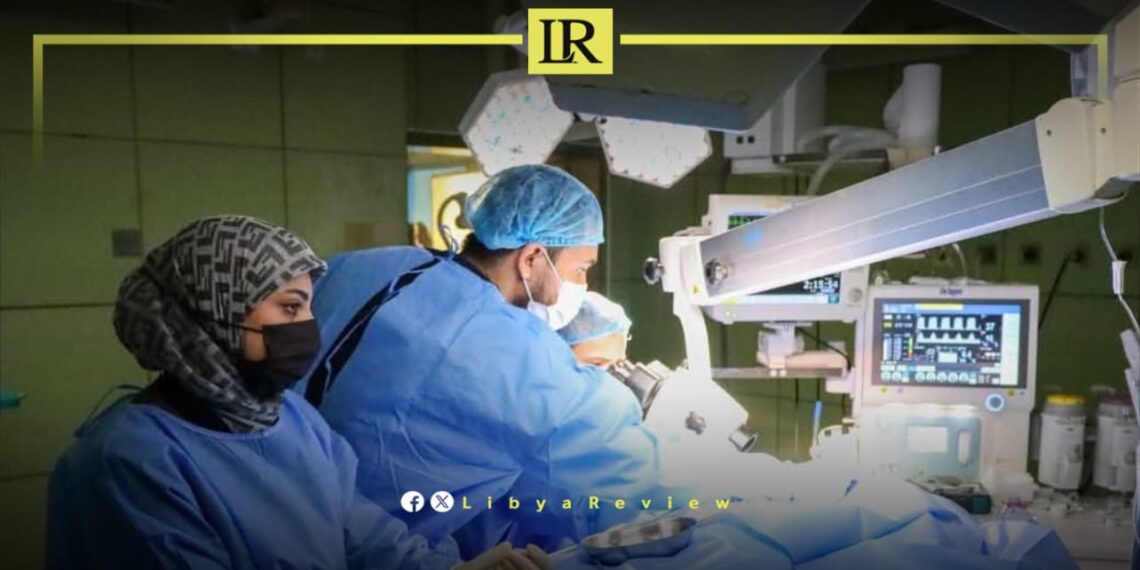The Benghazi Medical Centre in eastern Libya announced that it had conducted more than 1,300 major surgeries in the first half of 2025, highlighting the scale of medical services delivered despite challenges in the country’s health sector.
In a statement, the centre said a total of 1,313 operations were carried out between January and June. The figure excluded emergency procedures, women and childbirth cases, and non-urgent major surgeries.
The report revealed that women represented the majority of patients undergoing operations, with 752 female cases compared to 561 male cases. The centre said this reflected the diversity of cases handled by its surgical departments.
According to the figures, major operations accounted for the largest share of interventions, totalling 882 cases. In comparison, 431 procedures were classified as minor surgeries. Hospital officials described the volume as a clear indicator of the rising demand for advanced medical services in Benghazi and neighbouring regions.
The statement underlined the commitment of medical teams to maintain high standards of care, despite shortages in resources and the continuing pressure on Libya’s healthcare system.
Libya’s health sector has long struggled with the impact of conflict, underfunding, and a lack of modern equipment. However, the Benghazi Medical Centre, one of the country’s most important healthcare institutions, continues to play a critical role in providing surgical and specialised treatment.
Health observers say the latest data reflects both the resilience of Libyan medical staff and the urgent need for sustained support to strengthen hospitals across the country.
The centre reaffirmed its readiness to expand capacity and ensure access to surgery for patients requiring immediate and complex interventions.


